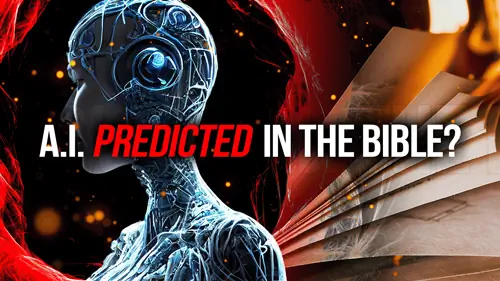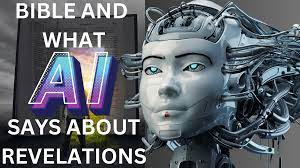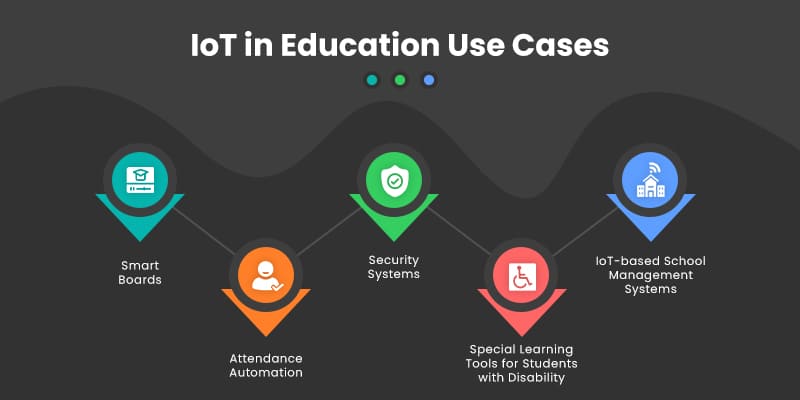Where in the Bible Does it Talk about Artificial Intelligence

What does Christianity say about artificial intelligence in the Bible?
In Adrienne Mayor’s “Gods and Robots,” she explores ancient Greek tales featuring animated statues and self-moving devices, like the myth of Talos. Speculating on whether Talos represented an early idea of a robot remains uncertain. The text raises questions about his sentience, possession of a soul, and how he was perceived—whether as a technological creation or a magical wonder. The ambiguity in these ancient narratives leaves us unable to definitively ascertain if Talos was the earliest depiction of artificial intelligence in history.
During the time of Jesus and his disciples, stories of androids with programmed instructions were known in society. However, Jesus did not specifically address the topic of artificial intelligence or make predictions about its future development. If one searches for references to AI in the Bible, one won’t find any direct mentions.
Nevertheless, the Bible as a whole provides profound wisdom for navigating the challenges and opportunities presented by a world influenced by artificial intelligence. To comprehend the Bible’s relevance to AI, it is necessary to explore its teachings beyond a superficial level.
AI and Christianity:

AI presents a distinct chance for the church and Christian ministries to enhance their work and make improvements. It can be utilized to gain insights into the Bible, foster personal spiritual growth, and serve as a valuable tool for ministry leaders and churchgoers. Nevertheless, it is crucial to address ethical considerations and ensure responsible implementation.
Although AI and Christianity may appear unrelated, they are more connected than they seem. The use of AI in ministry will be a topic of significant discussion in the future. The decision to embrace AI in Christianity depends on personal beliefs and opinions. It is crucial to weigh the benefits and drawbacks of AI, use it responsibly and ethically, and recognize that AI cannot replace divine inspiration. Christians should interpret the compatibility of AI with their beliefs and approach its implementation thoughtfully.
The first church of artificial intelligence:
Way of the Future, established by Levandowski in 2015, eventually closed down after a few years. However, a new church with the same name has emerged, gathering a congregation of several thousand individuals who aim to foster a spiritual connection between humans and AI, as stated by the church’s founder.
Can artificial intelligence (AI) be employed to comprehend and interpret the Bible?
AI can analyze the text of the Bible, uncover significant themes and patterns, and offer insights into the interpretation of specific passages. However, it is important to note that AI lacks spiritual understanding and a personal relationship with God, which are fundamental in Bible interpretation.
Using AI in this context can be compared to using a magnifying glass to examine small objects that are difficult to see with the naked eye. Just as a scientist relies on a magnifying glass to study atoms, biblical scholars and theologians can utilize AI to delve into the study and interpretation of the Bible.
Nevertheless, it is crucial to remember that spiritual understanding and guidance from the Holy Spirit should always accompany the reading and interpretation of the Bible.
What insights does the Bible offer regarding artificial intelligence?

Technology serves as a catalyst or accelerator for change, expanding the possibilities for human activity in the world. However, it is essential to recognize that technology is created by imperfect, sinful humans who possess the freedom to decide how to employ these tools. The responsibility lies with us, not the tools themselves. We are reminded by the apostle Paul that all humans have fallen short and need to repent. It is not the fault of the world or the tools; it is our own choices and actions that lead to sin.
The story of Cain and Abel exemplifies this truth about the purpose and use of technology. Both brothers were endowed by God with specific skills and talents and utilized tools (early forms of technology) to cultivate the land and care for animals. However, Cain, driven by sin, decided to use his God-given abilities to commit a heinous act, taking a life. He chose to pervert the good gifts bestowed upon him by God and employ them for selfish and evil purposes.
AI is morally neutral but can serve good or evil ends based on its design and use. While it can empower society and honor God, it’s also exploited to undermine human dignity, as seen in nations like China, Russia, and North Korea surveilling dissidents. Ethically, AI aids law enforcement but can be invasive. Despite its origins, God can redeem technology for righteous purposes. Yet, understanding underlying ideologies is crucial for responsible use. Guided by Christ, we’re urged not to be misled by deceptive philosophies (Colossians 2:8). It’s a call to wield technology with discernment and align its use with God-honoring principles while being vigilant against its misuse.
Is artificial intelligence mentioned in the Bible?
The Bible was written long before the concept of artificial intelligence (AI) emerged. The text doesn’t directly reference AI as we understand it today because it was written at a time when such technological advancements were not even imagined. The themes in the Bible often focus on spirituality, morality, human relationships, and guidance rather than technological developments like AI. However, some individuals may interpret certain passages metaphorically or symbolically in light of modern advancements, but direct references to AI are not present in the traditional interpretation of biblical texts.
Artificial intelligence in the Bible KJV
In the King James Version (KJV) of the Bible, the term “artificial intelligence” does not appear since the concept of AI was not known or referred to during the time the Bible was written. The KJV predominantly uses the language and terminology of its time, focusing on spirituality, human behavior, morality, and religious teachings rather than technological advancements or modern scientific concepts like artificial intelligence. Therefore, you won’t find direct mentions of AI in the KJV or any other version of the Bible, as it predates such technological advancements.
Where in the Bible does it talk about artificial intelligence?

The concept of artificial intelligence, as we understand it today, isn’t directly discussed in the Bible due to the text’s antiquity compared to the emergence of AI as a technology. However, some individuals interpret certain passages metaphorically or symbolically in connection to modern advancements like AI. One often-referenced passage is in the Book of Revelation, where there’s mention of a “beast” that some interpret metaphorically as advanced technology or a powerful entity. Still, these interpretations are speculative and not universally agreed upon.
Artificial Intelligence in the Bible vs. Quran:
In Islam, the Qur’an, the Hadith (sayings and actions of Prophet Muhammad), and other Islamic texts were written long before the concept of artificial intelligence (AI) emerged. As a result, there are no explicit references to AI in these texts.
Islamic teachings emphasize knowledge, learning, and the use of reason and intellect to understand the world. The focus is on moral and ethical guidelines for human behavior, societal interactions, and spirituality rather than addressing specific technological advancements like AI.
However, some discussions in Islamic scholarship may draw parallels between ethical teachings and the responsible use of technology, including AI. Scholars might extrapolate principles from Islamic ethics to guide the ethical development and deployment of technologies like AI, but direct references to AI within traditional Islamic texts are absent due to their historical context.
Artificial Intelligence in the Bible: The intersection of AI and Christianity
The intersection of AI and Christianity often raises questions about ethics, morality, and the role of technology in human lives. Christianity, based on the teachings of Jesus Christ and the Bible, doesn’t explicitly mention artificial intelligence due to the Bible’s ancient origins compared to the modern emergence of AI.
However, discussions within Christian communities explore ethical considerations surrounding AI, such as how to approach its development and implementation in ways consistent with Christian values. There’s reflection on issues like the ethical use of AI, its impact on humanity, responsibility toward creation, and the potential implications for human dignity and autonomy.
Some Christian thinkers engage in discussions about the potential parallels between AI and theological concepts, such as the nature of consciousness, free will, and the soul, but these connections are more speculative and interpretative than direct references within Christian scriptures.
Christian perspectives on AI often revolve around guiding principles found in the Bible, such as love, compassion, stewardship, and ethical conduct, to navigate the ethical challenges posed by technological advancements, including AI.





